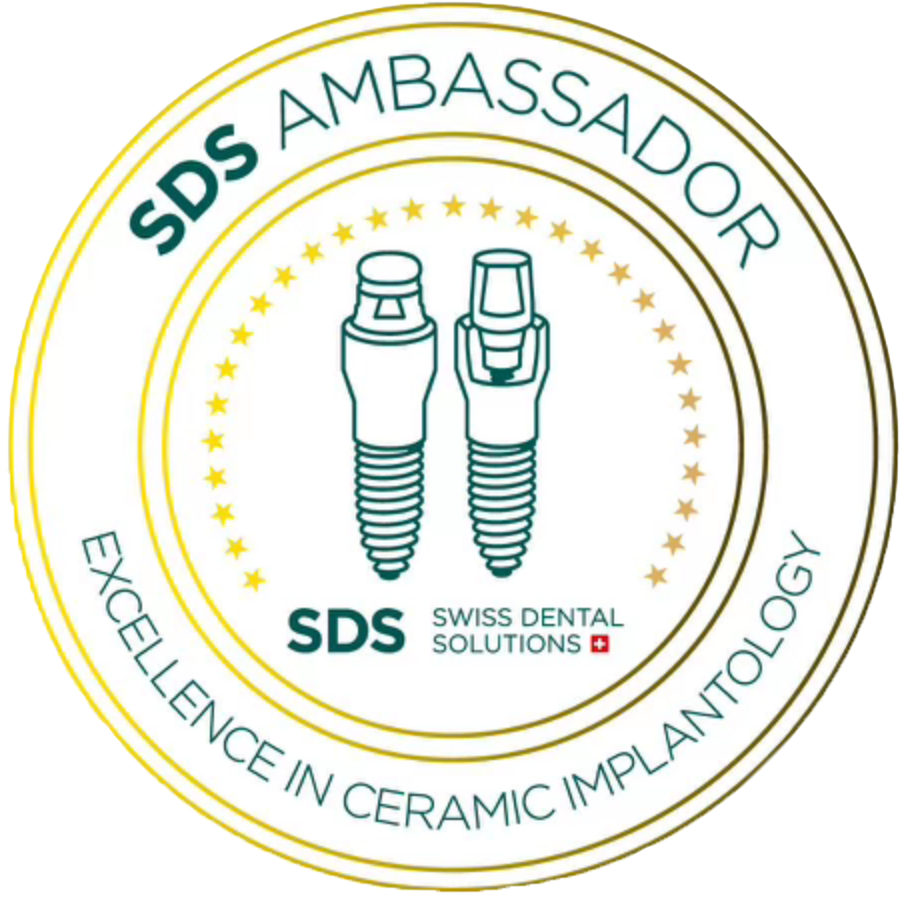About Us
Our Services
For Patients
How to Manage Sensitivity After Getting Dental Implants
It’s natural to experience some sensitivity after getting dental implants. While dental implants are designed to be a long-lasting solution for missing teeth, mild discomfort or sensitivity is common as your mouth adjusts to the new implant. Knowing how to manage this sensitivity can make your recovery smoother and more comfortable.
Why Does Sensitivity Happen After Dental Implants?
After a dental implant procedure, your body needs time to heal and adapt. Sensitivity may occur for several reasons:
Fortunately, these sensations typically subside as your mouth adjusts and the healing process is completed.
Tips to Manage Sensitivity
Here are some tips for managing sensitivity after getting dental implants:
1. Follow Post-Operative Care Instructions
Your dentist will provide detailed aftercare instructions to promote healing and reduce sensitivity. These may include avoiding hard or sticky foods, maintaining good oral hygiene, and taking prescribed medications.
2. Use Over-the-Counter Pain Relief
For mild sensitivity, over-the-counter pain relievers like ibuprofen or acetaminophen can help manage discomfort. Be sure to follow the recommended dosage and consult your dentist if pain persists.
3. Avoid Extreme Temperatures
Hot or cold foods and beverages can exacerbate sensitivity. Opt for lukewarm drinks and avoid icy or steaming-hot foods during the initial healing period.
4. Monitor and Communicate
If sensitivity lasts longer than expected or becomes severe, let your dentist know. Persistent discomfort could indicate an issue that needs to be addressed, such as an improperly placed implant or an infection.
Ready for a Comfortable Recovery?
At Shore Smiles Dental, we prioritize your comfort and provide expert guidance for managing sensitivity after dental implant procedures. Our team is dedicated to helping you heal smoothly and enjoy the benefits of your new smile. Request an appointment today and let us support you every step of the way!


